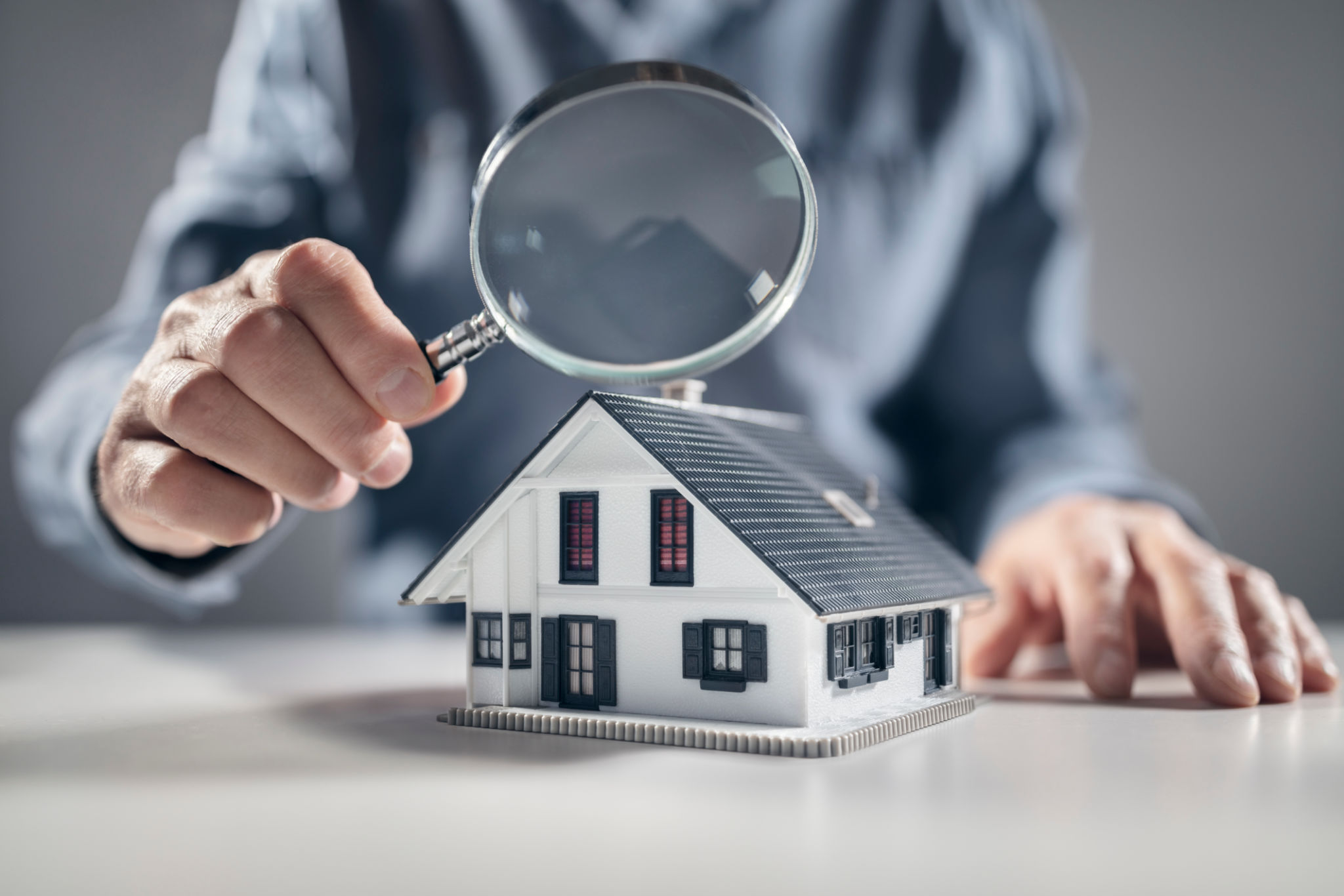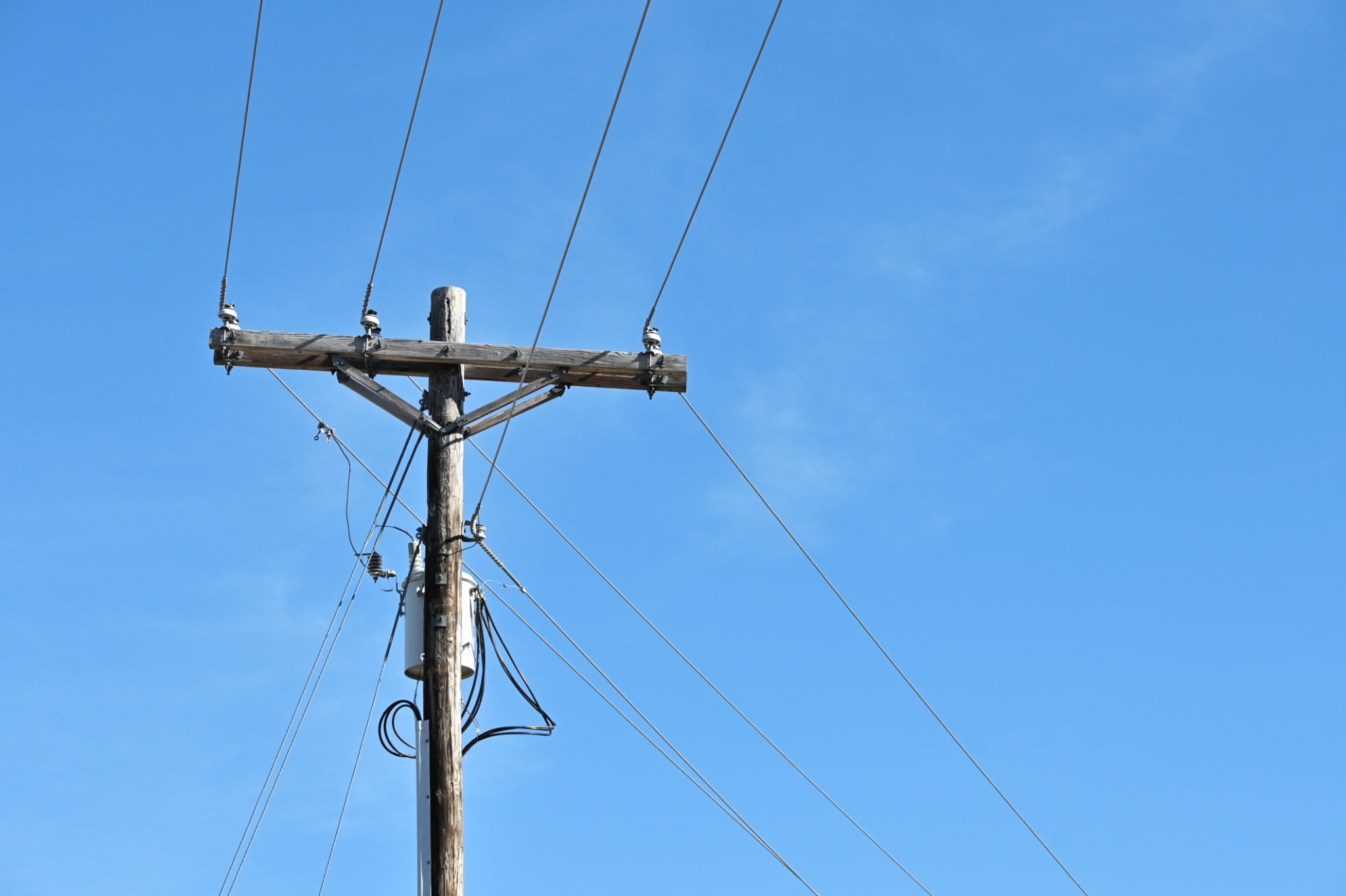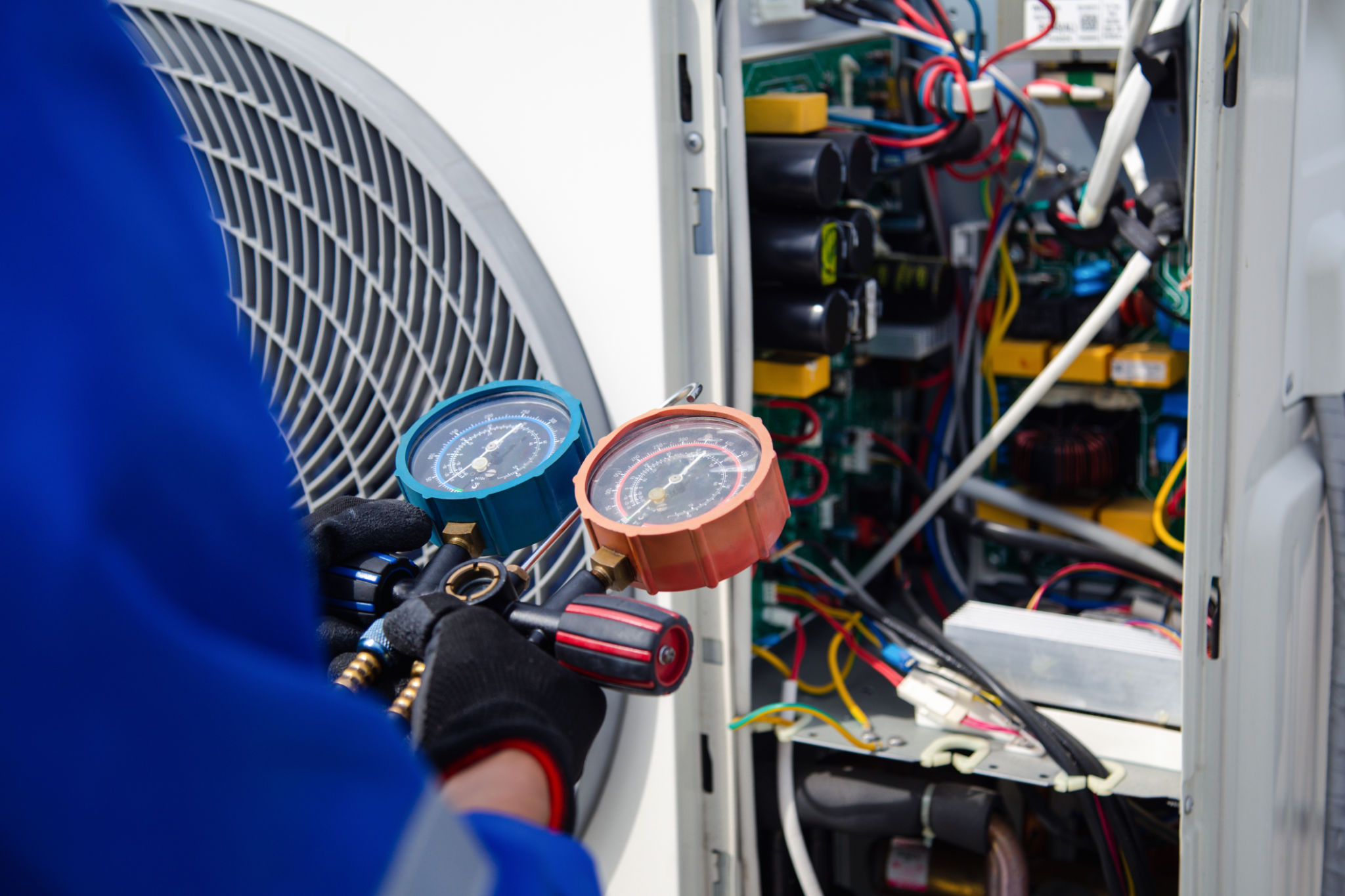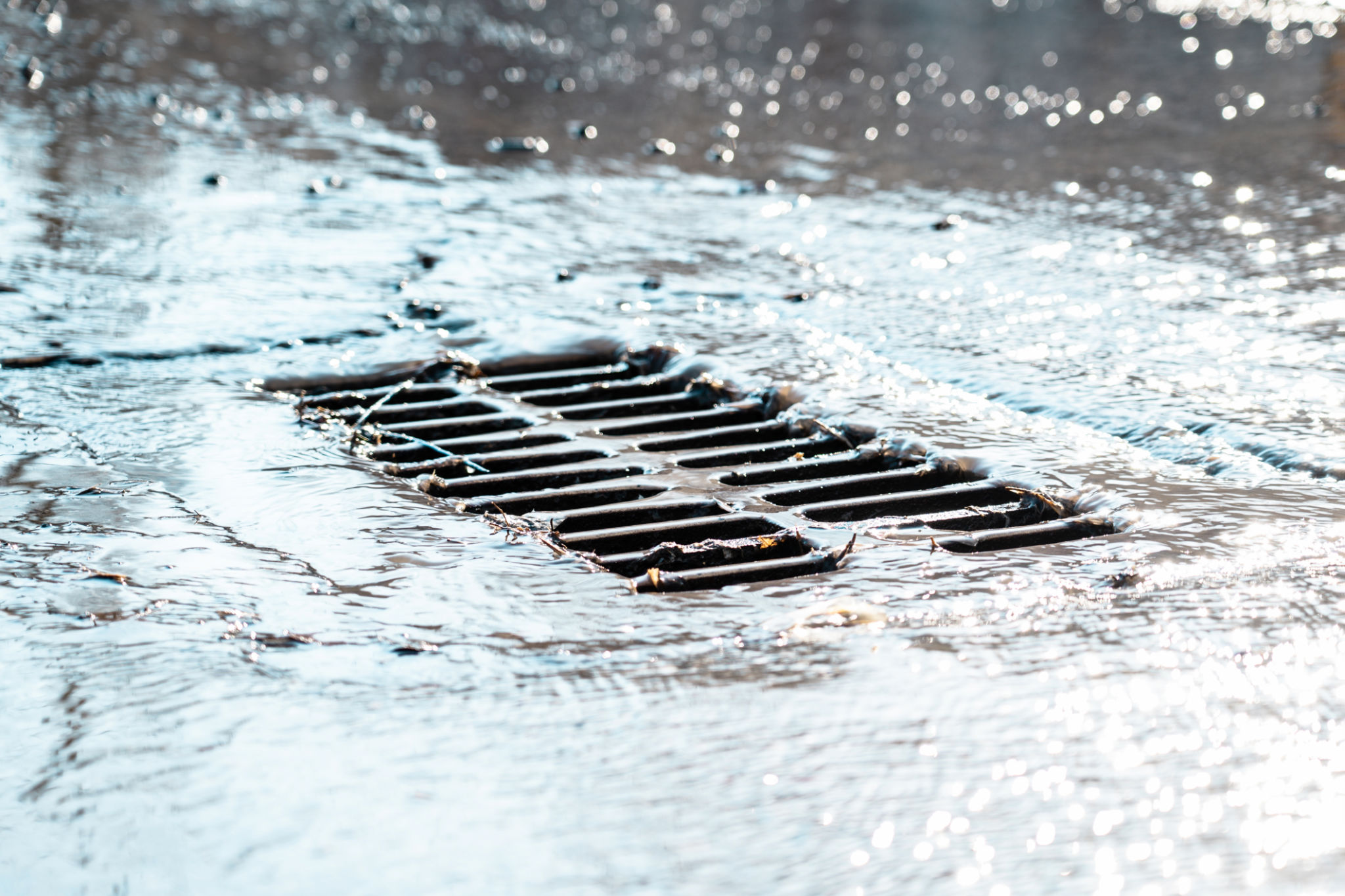Top 10 Common Issues Found During Property Inspections and How to Address Them
The Importance of Property Inspections
Property inspections are a crucial step in the home buying and selling process. They ensure that the property meets certain standards and help identify any potential issues that could affect the property's value or safety. While every property is unique, there are several common issues that inspectors frequently encounter.

1. Structural Problems
Structural issues are among the most significant concerns in property inspections. They can range from foundation cracks to sagging roofs. These problems can compromise the integrity of the entire building. It's essential to address them promptly by hiring a structural engineer or a qualified contractor to assess and repair any damage.
2. Electrical System Deficiencies
Faulty wiring and outdated electrical systems are common findings during inspections. These issues can pose serious safety hazards, including the risk of fire. To address electrical deficiencies, it's crucial to have a licensed electrician evaluate the system and make necessary upgrades or repairs to ensure compliance with current safety standards.

3. Plumbing Problems
Leaky pipes, clogged drains, and outdated plumbing fixtures are frequent issues found in homes. These problems can lead to water damage and mold growth if not addressed promptly. A plumber can help identify the cause of plumbing issues and perform necessary repairs to prevent further damage.
4. HVAC System Issues
An inefficient heating, ventilation, and air conditioning (HVAC) system can lead to discomfort and increased energy bills. During inspections, problems like dirty filters, malfunctioning thermostats, or old units are often discovered. Regular maintenance and timely replacement of parts can enhance the system's performance.

5. Roofing Concerns
Roofing defects such as missing shingles, leaks, or poor drainage are commonly noted during inspections. These issues can lead to significant water damage if not repaired. It's advisable to consult with a roofing specialist to assess the condition and recommend necessary repairs or replacements.
6. Poor Drainage and Grading
Poor drainage or grading around a property can cause water to accumulate near the foundation, leading to potential flooding or structural damage. To address this, ensure that gutters are clean and functioning properly, and consider regrading the landscape to direct water away from the building.

7. Pest Infestations
Pests such as termites, rodents, and insects can cause extensive damage to a property if left unchecked. Regular pest inspections and treatments by a professional pest control service can help prevent infestations and protect the structural integrity of the home.
8. Insulation and Ventilation Issues
Inadequate insulation or ventilation can lead to energy inefficiency and indoor air quality problems. Inspectors often find poorly insulated attics or insufficient ventilation systems. Improving insulation and ensuring proper ventilation can enhance comfort and reduce energy costs.

9. Mold and Mildew
Mold and mildew are often found in areas with excess moisture, such as basements or bathrooms. These can pose health risks and affect air quality. It's important to identify the source of moisture, eliminate it, and clean any affected areas using appropriate mold remediation techniques.
10. Environmental Hazards
Environmental hazards such as asbestos, radon, or lead-based paint are occasionally detected during inspections. Addressing these requires specialized testing and remediation services by experts trained in handling hazardous materials safely.
Being aware of these common issues can help homeowners prepare for property inspections and address potential problems proactively. By taking timely action, buyers can ensure their investment is secure, while sellers can enhance their property's appeal in the market.
